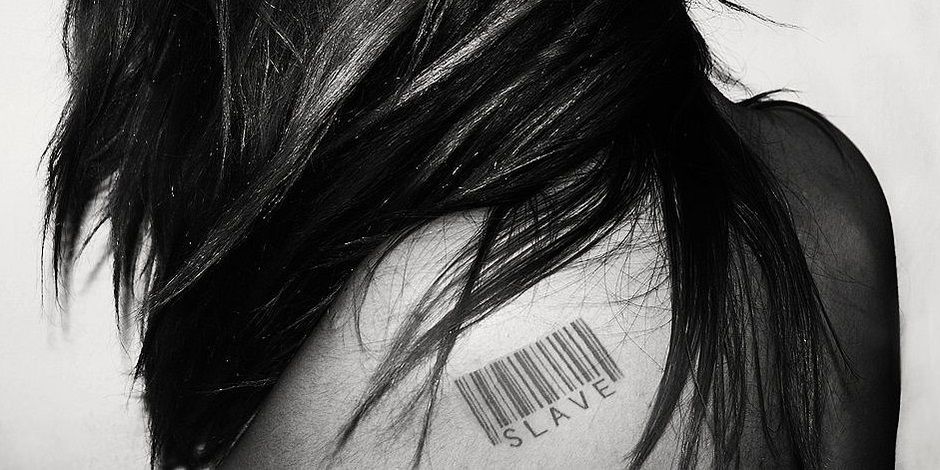Child Sex Trafficking + Medical Education

I first learned about child sex trafficking at Tufts University through the Love 146 club, and I was immediately moved to do something to combat this atrocity. I participated in advocacy and awareness initiatives while at Tufts and when I started medical school at Albert Einstein College of Medicine, I wanted to integrate my knowledge of human trafficking into my medical school experience.
At Einstein, I met Dr. Kanani Titchen (another Tufts alum!), who has focused her career on human trafficking. Through her mentorship, I learned about child sex trafficking in the context of the medical profession. By a modest estimate, 100,000 – 300,000 international and domestic minors in the United States are at risk of being trafficked for sex each year, and previous research demonstrated that 50-88% of trafficking victims have contact with a healthcare provider, presenting an important opportunity for intervention.
While healthcare providers are potentially able to identify and assist victims of sex trafficking, unfortunately, most trafficked patients are not assisted in these encounters. Why? Physicians don’t know how to recognize trafficked patients. Most medical schools lack formal training to teach students about the scope of sex trafficking, the methods to identify a patient who is trafficked, and the resources available to these patients.
I propose to develop an evidence-based curriculum for medical students to learn how to identify children and young adults who are victims of sex trafficking. My goal is to make a workshop curriculum that is short, easy to learn, and replicable across medical schools so more medical students can feel confident in identifying and assisting trafficking victims as future physicians.